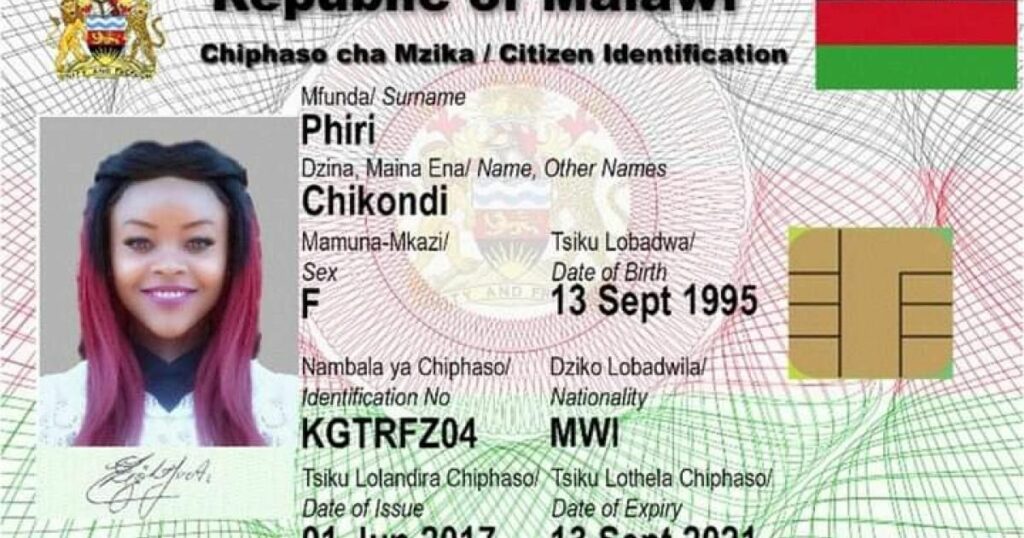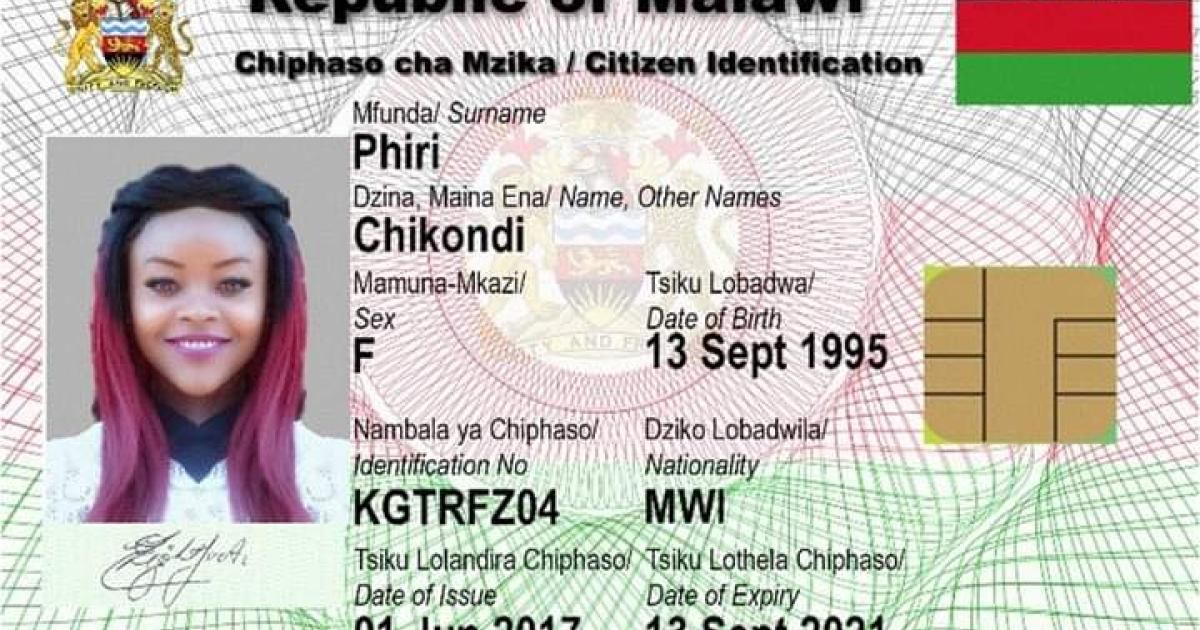By Burnett Munthali
Recently, a video circulating on social media has highlighted a concerning shortage of National Registration Bureau (NRB) forms during the registration exercise in the southern region of Malawi. The footage has sparked widespread debate and raised questions about the adequacy of resources allocated for the registration process, crucial for citizenship documentation and civic participation.
The video footage captured during the registration exercise depicts long queues of citizens awaiting their turn, juxtaposed with reports of insufficient NRB forms available at registration centers. This shortage has reportedly led to delays and frustration among applicants, exacerbating logistical challenges and casting a spotlight on administrative preparedness in managing civic registration affairs.

In response to the scarcity of NRB forms, communities in the southern region of Malawi have voiced their concerns over potential disenfranchisement and administrative inefficiencies. Citizens reliant on this registration process for accessing essential services, including healthcare and education, express apprehension over the implications of delayed documentation and its impact on their livelihoods.
Authorities and stakeholders have acknowledged the reported shortages of NRB forms and have pledged to address the issue promptly. Efforts are underway to replenish supplies at registration centers, ensuring equitable access to registration services across the southern region. Additionally, measures are being implemented to streamline administrative procedures and enhance logistical support to alleviate registration delays.
The incident underscores broader challenges in civic registration processes, highlighting the need for sustained investment in infrastructure, technology, and human resources to facilitate seamless documentation and citizen engagement. As Malawi continues to advance its national registration initiatives, lessons learned from this experience will inform future strategies aimed at improving service delivery and enhancing public trust in administrative systems.
In conclusion, the shortage of NRB forms during the registration exercise in southern Malawi serves as a critical reminder of the importance of effective resource management and logistical planning in civic administration. Addressing these challenges requires collaborative efforts between government agencies, civil society organizations, and international partners to ensure equitable access to essential documentation for all citizens. As Malawi navigates through these operational hurdles, the commitment to enhancing civic registration processes remains pivotal in promoting inclusive development and safeguarding the rights of all Malawians.



